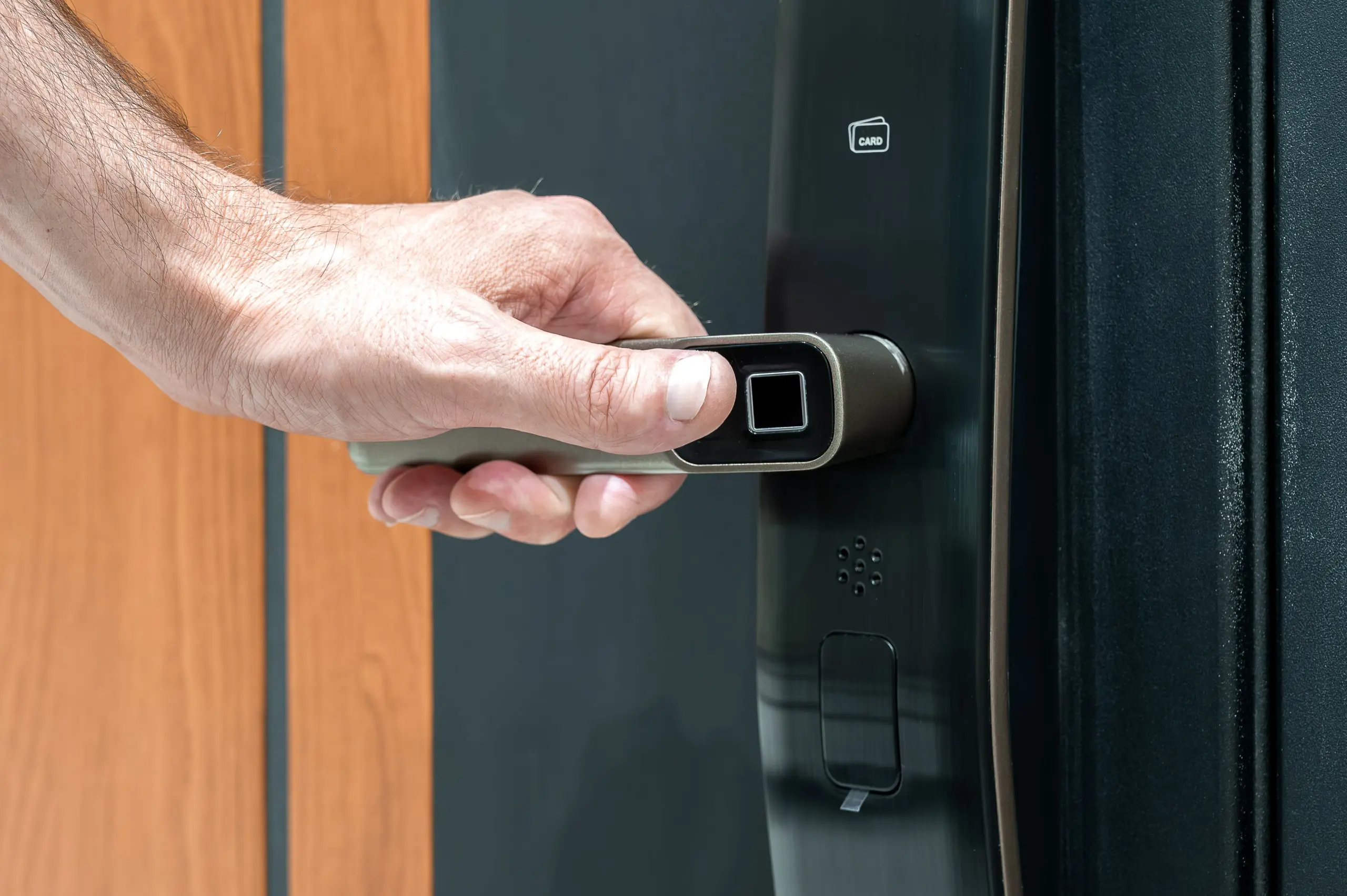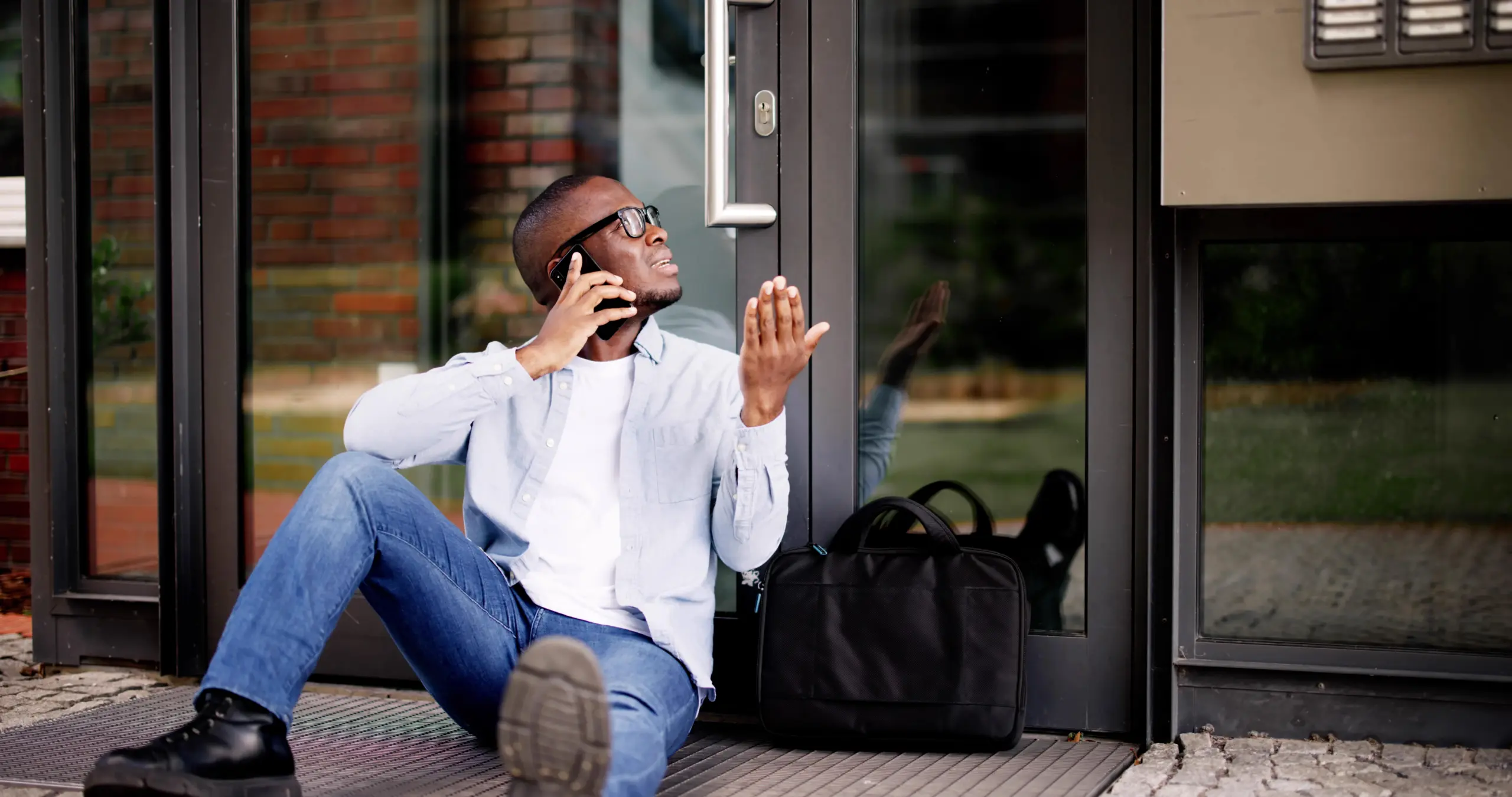Choosing the right lock is more than a matter of convenience. It is about protecting your home or business in a way that gives you confidence day after day. With so many options available, the debate between smart locks and traditional locks continues to grow. Each option has advantages and disadvantages, but the real question is which one you can count on.
The Case for Smart Locks
Smart locks are popular because of their convenience. They allow you to unlock doors with a smartphone, a key code, or even voice commands. Some models can be integrated with home automation systems, giving you more control over security. For households or businesses that want remote access or need to grant entry to multiple people without making duplicate keys, smart locks can be very appealing.
Yet convenience does not eliminate potential risks. Smart locks rely on batteries, apps, and internet connections. If the power fails, the battery dies, or the app malfunctions, you could find yourself locked out at the worst possible time. Cybersecurity is another consideration, since connected devices can be targeted by hackers.
The Case for Traditional Locks
Traditional locks have stood the test of time. They are simple, mechanical, and require no electricity or internet connection. When made with high quality materials and installed correctly, a traditional lock can be extremely durable and secure. Many people trust them because of their straightforward design and long history of reliability.
Of course, traditional locks are not perfect either. Keys can be lost, stolen, or copied. Rekeying or replacing them can be inconvenient, especially for businesses with high employee turnover. And without additional security features, traditional locks may not provide the same flexibility as modern smart systems.
Finding the Right Fit
The choice between smart locks and traditional locks is not always about picking one over the other. In many cases, a hybrid approach works best. For example, a smart lock on the main entrance can offer convenience and control, while traditional locks on secondary doors provide a reliable backup. The right solution depends on your lifestyle, your level of comfort with technology, and the importance you place on ease versus simplicity.
The Bottom Line
Both smart locks and traditional locks can serve you well if chosen and installed carefully. The key is to focus on what reliability means for you. If peace of mind comes from modern convenience, a smart lock may be worth the investment. If dependability means mechanical certainty, a traditional lock may be the better choice. Either way, investing in quality and professional installation is the best way to ensure your locks will not fail you.


